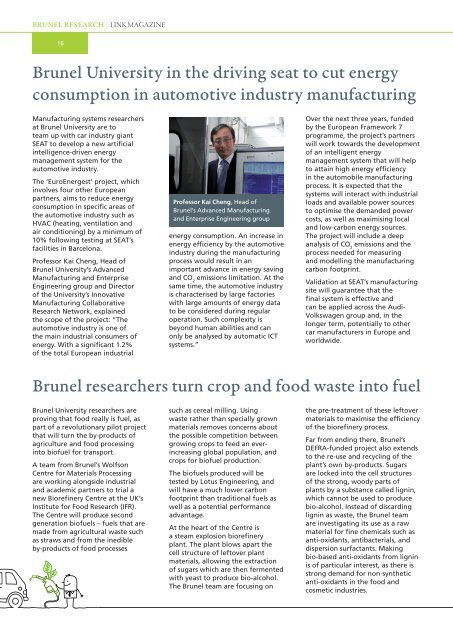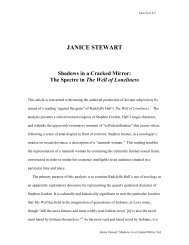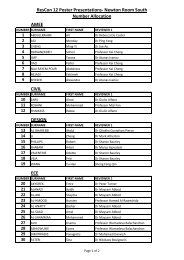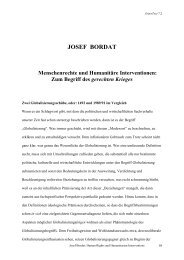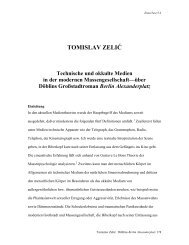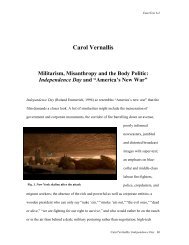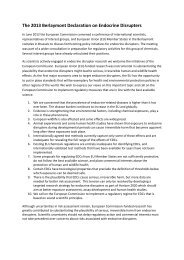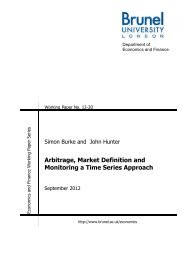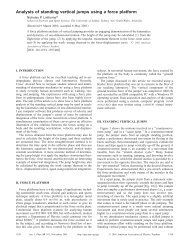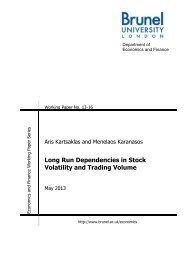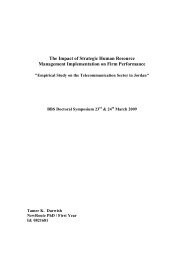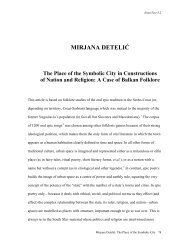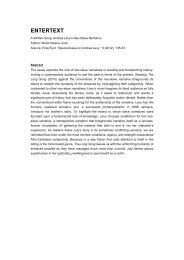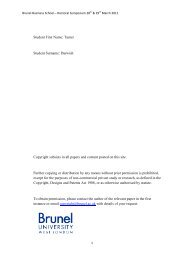Brunel's Olympic Hopefuls - Brunel University
Brunel's Olympic Hopefuls - Brunel University
Brunel's Olympic Hopefuls - Brunel University
Create successful ePaper yourself
Turn your PDF publications into a flip-book with our unique Google optimized e-Paper software.
BRUNEL RESEARCH :: LINK MAGAZINE<br />
16<br />
<strong>Brunel</strong> <strong>University</strong> in the driving seat to cut energy<br />
consumption in automotive industry manufacturing<br />
Manufacturing systems researchers<br />
at <strong>Brunel</strong> <strong>University</strong> are to<br />
team up with car industry giant<br />
SEAT to develop a new artificial<br />
intelligence-driven energy<br />
management system for the<br />
automotive industry.<br />
The ‘EuroEnergest’ project, which<br />
involves four other European<br />
partners, aims to reduce energy<br />
consumption in specific areas of<br />
the automotive industry such as<br />
HVAC (heating, ventilation and<br />
air conditioning) by a minimum of<br />
10% following testing at SEAT’s<br />
facilities in Barcelona.<br />
Professor Kai Cheng, Head of<br />
<strong>Brunel</strong> <strong>University</strong>’s Advanced<br />
Manufacturing and Enterprise<br />
Engineering group and Director<br />
of the <strong>University</strong>’s Innovative<br />
Manufacturing Collaborative<br />
Research Network, explained<br />
the scope of the project: “The<br />
automotive industry is one of<br />
the main industrial consumers of<br />
energy. With a significant 1.2%<br />
of the total European industrial<br />
<strong>Brunel</strong> researchers turn crop and food waste into fuel<br />
<strong>Brunel</strong> <strong>University</strong> researchers are<br />
proving that food really is fuel, as<br />
part of a revolutionary pilot project<br />
that will turn the by-products of<br />
agriculture and food processing<br />
into biofuel for transport.<br />
A team from <strong>Brunel</strong>’s Wolfson<br />
Centre for Materials Processing<br />
are working alongside industrial<br />
and academic partners to trial a<br />
new Biorefinery Centre at the UK’s<br />
Institute for Food Research (IFR).<br />
The Centre will produce second<br />
generation biofuels – fuels that are<br />
made from agricultural waste such<br />
as straws and from the inedible<br />
by-products of food processes<br />
Professor Kai Cheng, Head of<br />
<strong>Brunel</strong>’s Advanced Manufacturing<br />
and Enterprise Engineering group<br />
energy consumption. An increase in<br />
energy efficiency by the automotive<br />
industry during the manufacturing<br />
process would result in an<br />
important advance in energy saving<br />
and CO 2 emissions limitation. At the<br />
same time, the automotive industry<br />
is characterised by large factories<br />
with large amounts of energy data<br />
to be considered during regular<br />
operation. Such complexity is<br />
beyond human abilities and can<br />
only be analysed by automatic ICT<br />
systems.”<br />
such as cereal milling. Using<br />
waste rather than specially grown<br />
materials removes concerns about<br />
the possible competition between<br />
growing crops to feed an everincreasing<br />
global population, and<br />
crops for biofuel production.<br />
The biofuels produced will be<br />
tested by Lotus Engineering, and<br />
will have a much lower carbon<br />
footprint than traditional fuels as<br />
well as a potential performance<br />
advantage.<br />
At the heart of the Centre is<br />
a steam explosion biorefinery<br />
plant. The plant blows apart the<br />
cell structure of leftover plant<br />
materials, allowing the extraction<br />
of sugars which are then fermented<br />
with yeast to produce bio-alcohol.<br />
The <strong>Brunel</strong> team are focusing on<br />
Over the next three years, funded<br />
by the European Framework 7<br />
programme, the project’s partners<br />
will work towards the development<br />
of an intelligent energy<br />
management system that will help<br />
to attain high energy efficiency<br />
in the automobile manufacturing<br />
process. It is expected that the<br />
systems will interact with industrial<br />
loads and available power sources<br />
to optimise the demanded power<br />
costs, as well as maximising local<br />
and low-carbon energy sources.<br />
The project will include a deep<br />
analysis of CO emissions and the<br />
2<br />
process needed for measuring<br />
and modelling the manufacturing<br />
carbon footprint.<br />
Validation at SEAT’s manufacturing<br />
site will guarantee that the<br />
final system is effective and<br />
can be applied across the Audi-<br />
Volkswagen group and, in the<br />
longer term, potentially to other<br />
car manufacturers in Europe and<br />
worldwide.<br />
the pre-treatment of these leftover<br />
materials to maximise the efficiency<br />
of the biorefinery process.<br />
Far from ending there, <strong>Brunel</strong>’s<br />
DEFRA-funded project also extends<br />
to the re-use and recycling of the<br />
plant’s own by-products. Sugars<br />
are locked into the cell structures<br />
of the strong, woody parts of<br />
plants by a substance called lignin,<br />
which cannot be used to produce<br />
bio-alcohol. Instead of discarding<br />
lignin as waste, the <strong>Brunel</strong> team<br />
are investigating its use as a raw<br />
material for fine chemicals such as<br />
anti-oxidants, antibacterials, and<br />
dispersion surfactants. Making<br />
bio-based anti-oxidants from lignin<br />
is of particular interest, as there is<br />
strong demand for non-synthetic<br />
anti-oxidants in the food and<br />
cosmetic industries.


